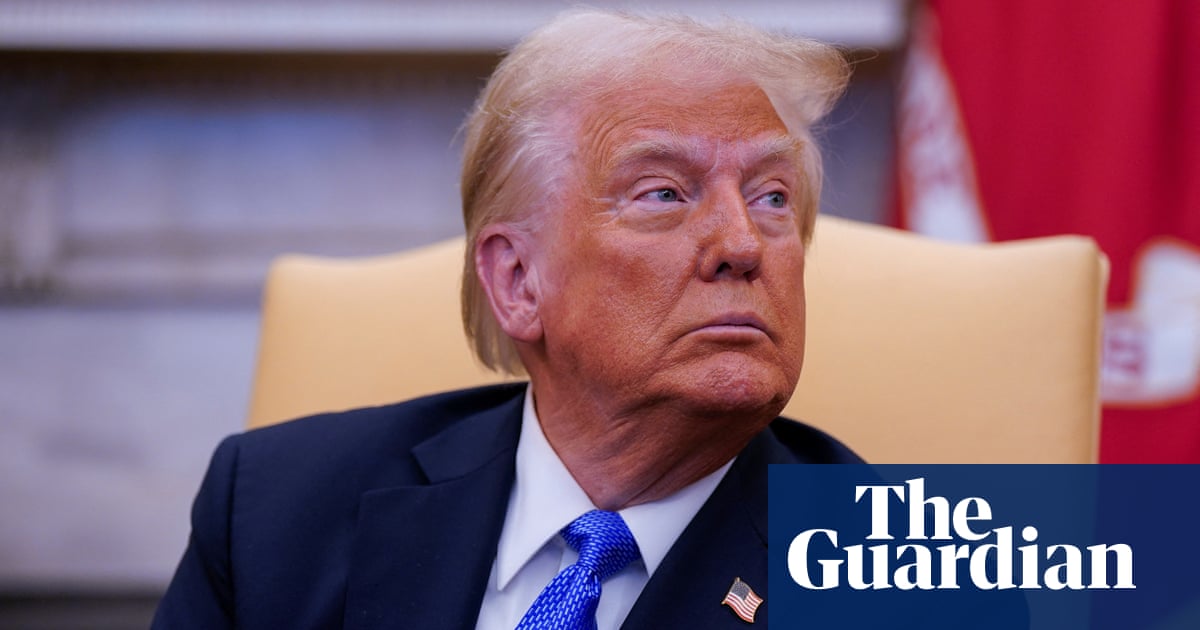Trump Delays Tariff Moves Against China, Shifts Focus to Other Nations
In an unexpected development, President Donald Trump has opted to postpone a key segment of his ongoing tariff confrontation with China. Instead, he has signaled plans to target an array of other countries with potential new tariffs in the upcoming week.
The original strategy to impose tariffs on shipments from China to the United States, specifically for items valued under $800, has been shelved for now. This adjustment would have stripped away the duty-free status of low-cost packages, but authorities require additional time to implement the necessary preparations for this change.
During a recent meeting at the White House, Trump alluded to the possibility of announcing reciprocal tariffs on other nations next week. However, he kept details about which countries might be impacted and the specifics of the tariffs close to his chest.
The U.S. Postal Service’s recent decision to halt all incoming packages from China and Hong Kong stemmed from Trump’s termination of the “de minimis” provision. This rule previously allowed low-value shipments from China to enter the U.S. without incurring tariffs, a system that benefited companies like Shein and Temu. Following a temporary pause, the Postal Service has resumed accepting packages.
According to Trump’s executive order, the duty-free provision will stay in effect until the appropriate systems are established to effectively collect tariff revenues. This action forms part of Trump’s comprehensive tariff approach towards China, which he argues is necessary to combat the influx of illegal drugs entering the U.S. from that region.
The president’s recent decisions have injected uncertainty into global trade dynamics, as his previously proposed tariffs on Mexico and Canada are also experiencing delays. Despite the prevailing confusion, Trump remains committed to promoting fair trade practices.
As new tariffs loom on the horizon, the future of international trade under the Trump administration appears increasingly unpredictable. The repercussions of these decisions are likely to resonate across the globe as nations adapt to the evolving landscape of international commerce.



